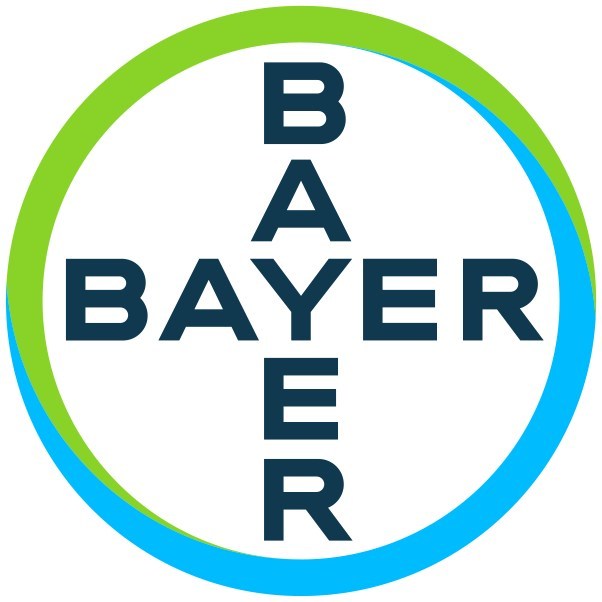Merck’s Keytruda in combo With Padcev granted CHMP positive opinion in urothelial carcinoma
Merck’s Keytruda in combo With Padcev granted CHMP positive opinion in urothelial carcinoma
The European Medicines Agency’s Committee for Medicinal Products for Human Use on Friday recommended the approval of Merck’s Keytruda (pembrolizumab) plus Pfizer and Astellas’ Padcev (enfortumab vedotin-ejfv) for the frontline treatment of unresectable or metastatic urothelial carcinoma, the companies announced.
A positive opinion from the Committee for Medicinal Products for Human Use (CHMP) means that the European Medicines Agency (EMA) will back the approval of the investigational regimen. The European Commission (EC) ultimately decides which therapies are given regulatory clearance for use in the European Union. The EC is expected to release its verdict in the third quarter of 2024.
“Treatment options available to patients with unresectable or metastatic urothelial cancer are currently limited mainly to platinum-containing chemotherapy,” Ahsan Arozullah, senior vice president and head of oncology development at Astellas, said in a statement. The CHMP’s recommendation underlines the “potential” for Padcev with Keytruda as a treatment for metastatic urothelial carcinoma, particularly in the first-line setting.
If approved, the Keytruda-Padcev regimen will become the first and only alternative to platinum chemotherapy in this indication, according to Astellas. Merck in a separate statement touted the possibility of Keytruda securing its third bladder cancer indication in the EU.
Friday’s positive opinion was backed by data from the Phase III KEYNOTE-A39 trial, which Merck ran originally in collaboration with Astellas and Seagen, before its $43 billion merger with Pfizer.
Results from the study showed that the combo of Keytruda and Padcev could cut the risk of death by 53% versus platinum-based chemotherapy. The investigational regimen likewise yielded significant progression-free survival benefits, reducing the likelihood of disease progression or death by 55%.
Keytruda is a PD-1 inhibitor that works by preventing the receptor’s interaction with its ligands, often expressed by tumor cells to disable the immune system’s anti-cancer activity. Through this mechanism of action, Keytruda restores the ability of T cells to detect and destroy cancer cells. Keytruda is approved for a wide variety of malignancies and has become a cornerstone not just of Merck’s oncology franchise, but of cancer care more broadly.
Padcev is an antibody-drug conjugate that utilizes an antibody targeting Nectin-4, an adhesion protein that is typically located on the surface of certain types of cancer cells. Padcev carries MMAE, a small-molecule disruptor of microtubules which, when released inside the cancer cells, can trigger cell cycle arrest and cell death.
In December 2023, the FDA approved the combination of Keytruda and Padcev for locally advanced or metastatic urothelial cancer. Findings from KEYNOTE-A39 also led to this approval.
Source: BioSpace











